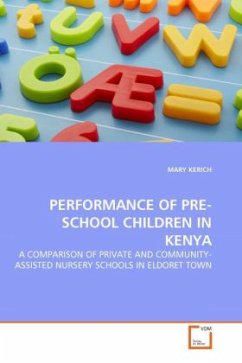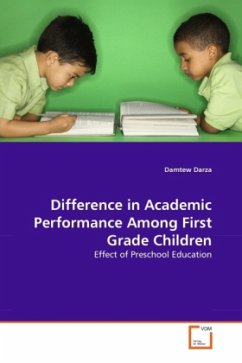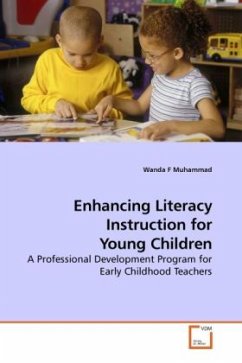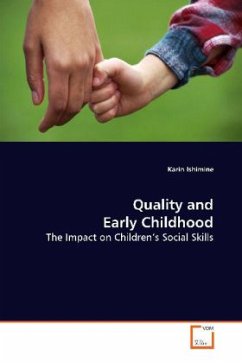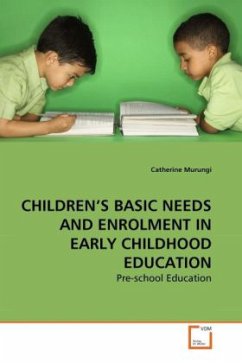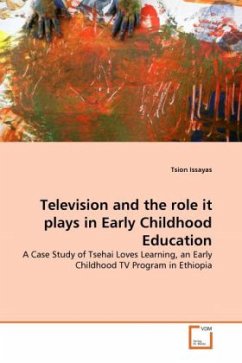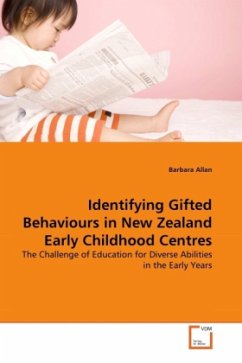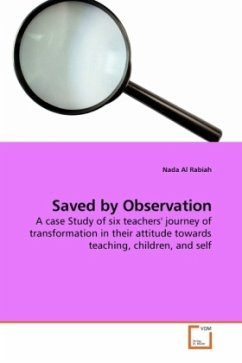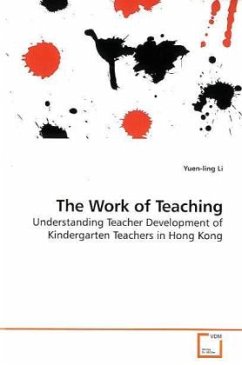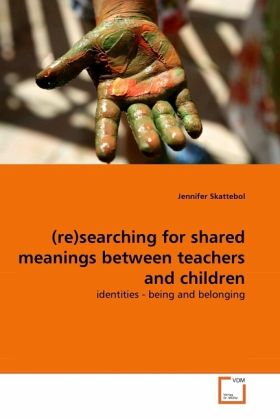
(re)searching for shared meanings between teachers and children
identities - being and belonging
Versandkostenfrei!
Versandfertig in 6-10 Tagen
52,99 €
inkl. MwSt.

PAYBACK Punkte
26 °P sammeln!
How do children fashion themselves as citizens? How do they make friends, establish belonging and become participatory citizens in a broader society that entitles some and excludes others? This book explores how a group of children and their teachers built inclusive communities and developed pedagogical practices which recognise children's agency and citizenship. Traditional pedagogies suppressed the engagement with politics in early years education and valorised images of the child as innocent'. This study traces the limitations of this view of children and of authorised early childhood pedag...
How do children fashion themselves as citizens? How do they make friends, establish belonging and become participatory citizens in a broader society that entitles some and excludes others? This book explores how a group of children and their teachers built inclusive communities and developed pedagogical practices which recognise children's agency and citizenship. Traditional pedagogies suppressed the engagement with politics in early years education and valorised images of the child as innocent'. This study traces the limitations of this view of children and of authorised early childhood pedagogies. Through a fine grained analysis of children's interactions, this study uses theory from Butler and Bourdieu to reconceptualise children's constructions of their identities and their sense of belonging and community. This detailed account of praxis illustrates how a group of educators engaged local politics in spite of the challenges this offered to their positioning of teachers as apolitical, non- interventionist facilitators. Listening to children's ideas for community is a powerful tool for building democratic strategies and visions.




